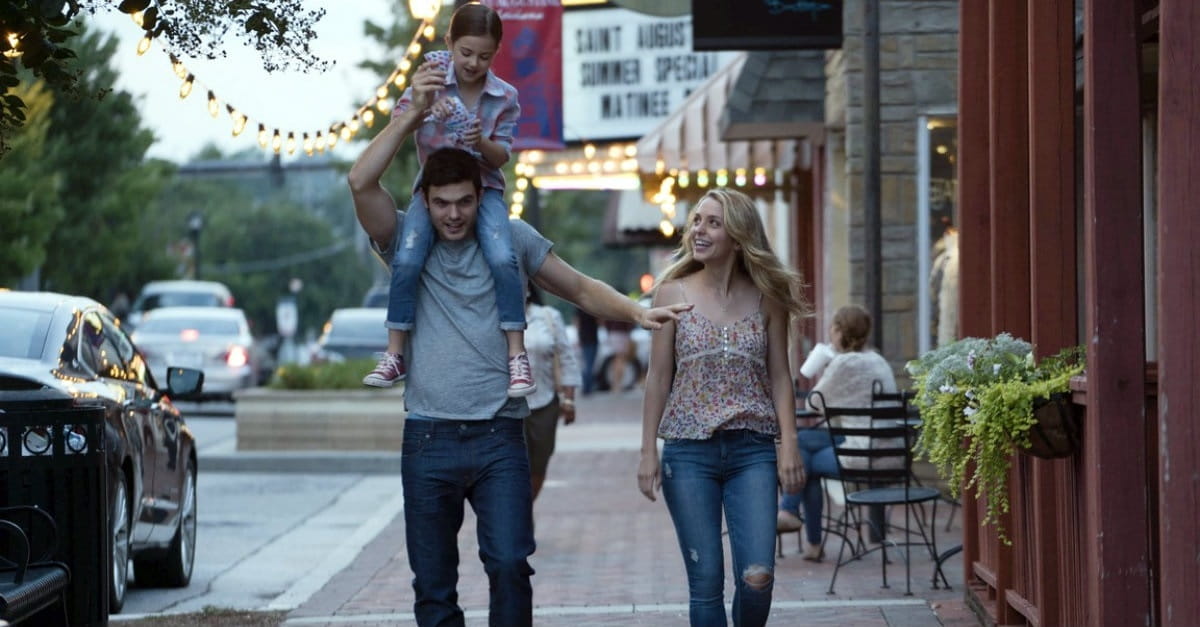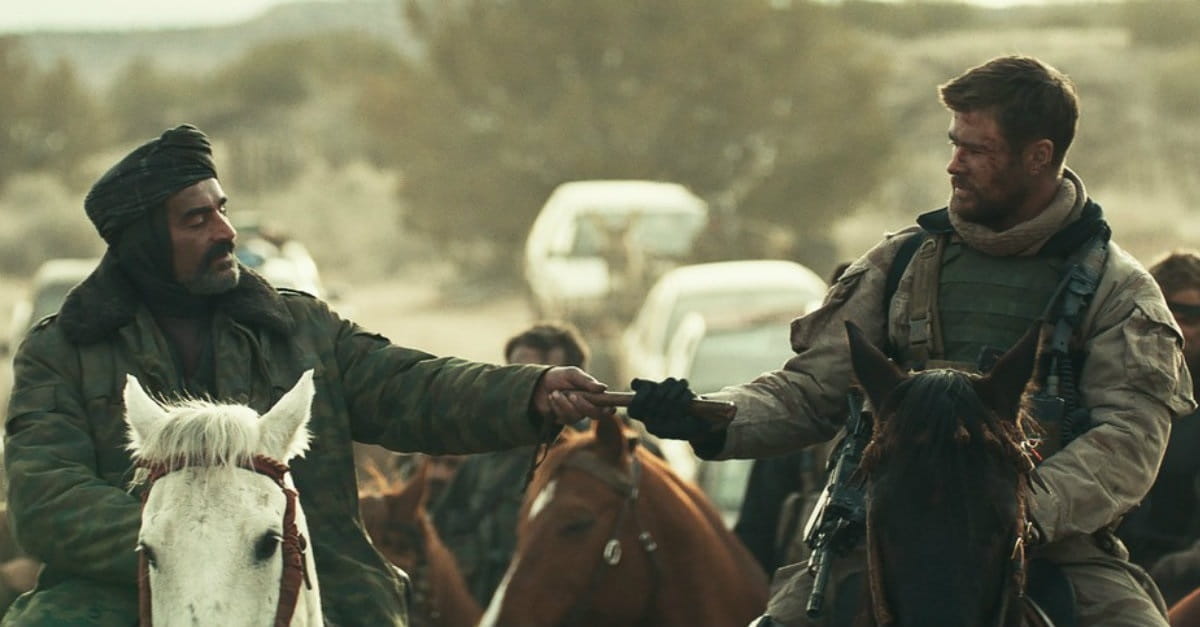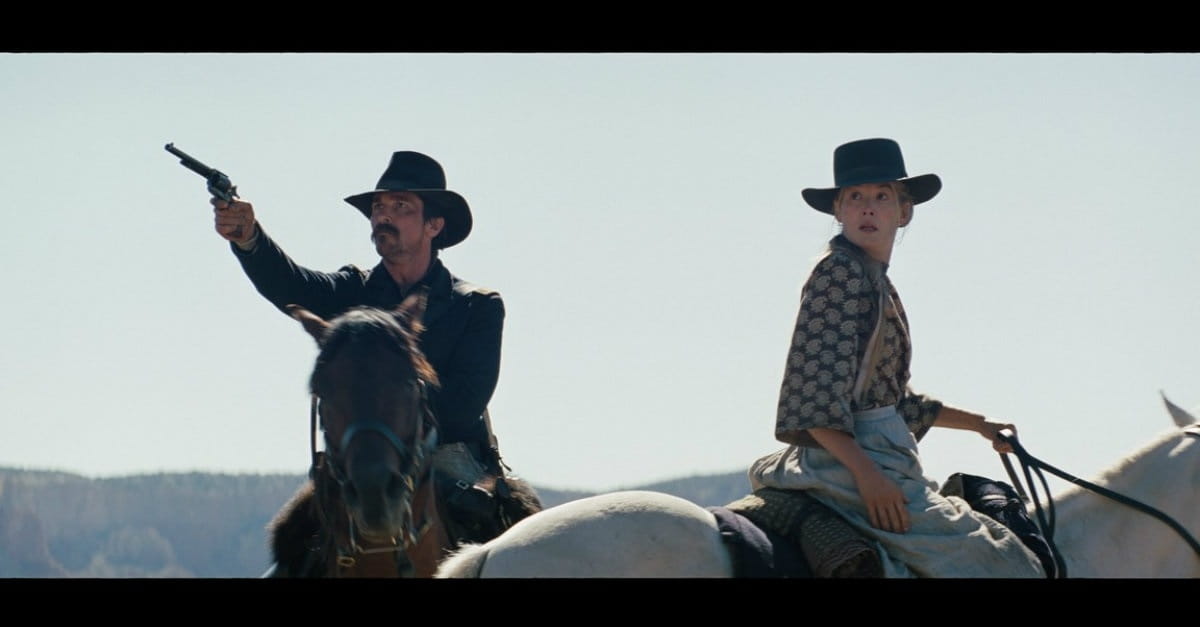from Film Forum,10/18/01But David Lynch's Mulholland Drive isn't bound for blockbusting. It's for those who want a challenge, and especially for those who enjoy David Lynch's maze-like, nonlinear storytelling, which is usually rife with villainy and unhappy surprises. Lynch developed Mulholland Drive as a television series, but the studio pulled the plug. Lynch fans feared the work would be buried forever, until the director announced he would re-edit it, condense it, film a new ending, and release it as a movie. How could he condense 13 hours into two and have it make sense? Lynch's characteristic response would be, Who says it needs to make sense?
Drive seems right in step with the director's repeated exploration of evils that reside beneath the surface of America's shiny, happy goodness. Lynch may well be on a mission to prove there is no such thing as an incorruptible American dream. While his stories tend to unearth sights too grisly for most moviegoers, Lynch, like Dante with his Divine Comedy, illustrates various levels of hell to point to the flaws in our human nature. He takes the celebrated American dreams and peels them open to show the ugly base appetites that "drive" them.
Mulholland Driveis a dream. I'm not spoiling the surprise: the film opens by zooming in slowly on a big red pillow. What follows seems a traditional linear story, at first. Betty (Naomi Watts), a young perky blonde, follows her dreams to Hollywood. She says she wants to be a serious actress, but the monster behind her Barbie grin slowly emerges—she's willing to compromise more than just her integrity in order to be a star. Her appetite for fame is voracious, and when she loses a big leading role to another actress, jealousy rushes her down the slippery slope toward hate and madness.
This is only clear in retrospect. Along the way, Betty finds a brunette bombshell (Laura Elena Harring) hiding in the shower in her apartment. This bruised, bloodied beauty has lost her memory and her name in a terrible car accident. She borrows the name "Rita" and accepts Betty's help in a search for her lost identity. The New Yorker's Anthony Lane describes these two heroines perfectly: "To see Betty … gasp with girlish anticipation at the treasures of Hollywood is like watching Fay Wray setting off for an island vacation," but meanwhile, "All [Rita] has left, like Mulholland Drive
, is a full set of curves."
In the traumatic events that follow, Betty and Rita are transformed from determined Nancy Drews into desperate lovers. What draws them into this rash and reckless affair? Perhaps Betty envies Rita's Hollywood connections. Perhaps Rita yearns for Betty's naiveté and "innocence." The further they descend into the maddeningly surreal hell of Hollywood, the more Betty loses her grip on herself, giving way to selfish, wicked desires. Suddenly, the story itself loses its identity, and its name changes from Mulholland Drive (the avenue) to Mulholland Drive (a dangerous compulsion). Scenes blur and get mixed up. Flashbacks begin—sometimes the same, sometimes different. And some characters morph—there's no better way to say it—into other characters. At the end, we're in territory as symbolic and irrational as a Fellini film (which Lynch clearly knows and even references).
Many religious media critics disregard this big-screen nightmare as immoral and ultimately frustrating. Others are more determined to unearth what it means.
The Phantom Tollbooth's J. Robert Parks is exasperated by the story's disintegration. "The film's last half-hour can only be described as a total mind-bleep. It's really just a re-hash of Lost Highway and Twin Peaks. If you enjoy that sort of mess, well, here's more vomit for you."
The U.S. Catholic Conference's critic sees it as a failed attempt: "[Drive]maintains a pervasive sense of dread and emotional intensity up to a point, then the intentionally inscrutable conclusion renders the film both depressing and hollow."
"There may be a moral point to this movie," admits a critic at Movieguide. "Don't be naïve and follow your dreams into the movie industry … you will get lost. However, the point gets lost in the convoluted storyline."
These join a host of critics who can't make heads or tails of the film's bizarre dénouement. But I would suggest that Lynch is continuing to refine his development of a new visual language for the conflict of good and evil, and I am convinced the movie does make sense. (My detailed interpretation of the film is posted at Looking Closer.) Its symbols tell a story similar to that of poor dead Laura Palmer (Twin Peaks): It's the tragedy of a human being who strikes a compromise with the devil and then pays the price, devoured by her own wicked appetites.
I'm not suggesting we should embrace Mulholland Drive. Regardless of whether the film makes sense, viewers should be heavily cautioned: Lynch falls victim to the same sins as his characters—he takes time out to indulge his own baser appetites with unnecessary sex scenes and grisly details. These excesses derail the film. Thus, Mulholland Drive, like Blue Velvet, Wild at Heart, and Lost Highway, tries to have its cake and eat it too. It tries to expose evil and indulge it at the same time. As art, its strengths are as admirable as its missteps are reprehensible. But it is not for general audiences merely seeking entertainment, and parents should make sure this one is off-limits for younger viewers.
Anthony Lane offers his perspective of Lynch's purpose: "If … you come out of the theatre feeling half as secure as you went in, then the mission has been accomplished. This film is a record of a journey, and it leaves us with the dreadful possibility that all highways are lost." Indeed. Sometimes we let our sins lead us beyond the point of no return, and this time Lynch offers no evidence that God's grace might be available to his despairing characters.















